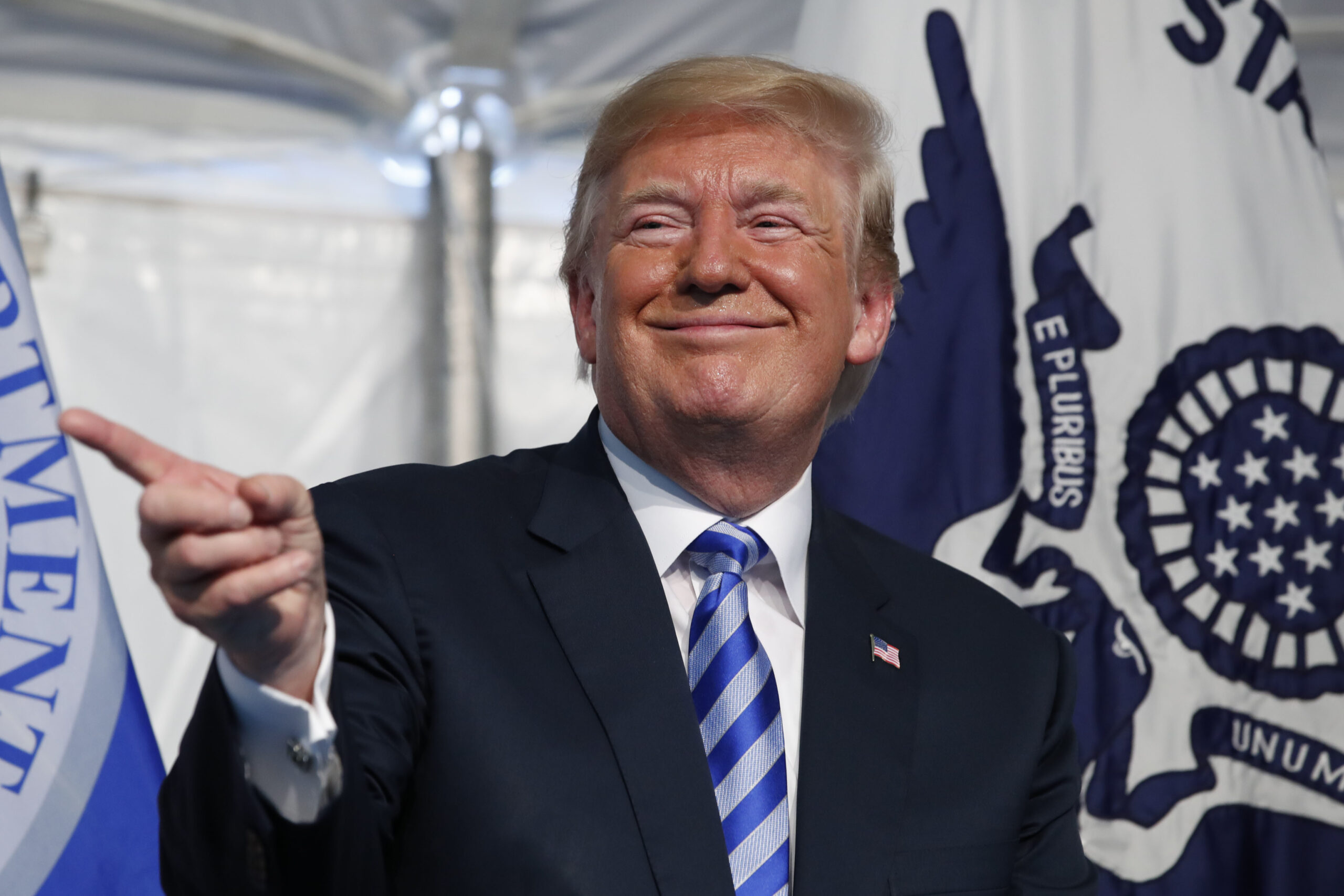Most of Georgia’s congressional delegation does not support the Trump Administration’s steel and aluminum tariffs on imports from Mexico, Canada and the European Union, according to the Georgia Chamber of Commerce.
The group has been unsuccessful in lobbying the White House against the tariffs and worries about the fall out.
“Now we’re going into retaliatory practices with Canada and Mexico and the European union which are three of our biggest export markets,” said Chamber spokesman Jason O’Rouke.
Eventually, he said it could affect Georgia products.
“Our position is that there are no winners in trade wars, and we would ask the White House and our members of congress to avoid a trade war,” O’Rouke said.
The European Union said it will decide which U.S. products to tax in retaliation by June 20, but is so far not calling the dispute a trade war.
Canada and Mexico meanwhile are in the midst of NAFTA negotiations, where the steel and aluminum tariffs have become a bargaining tool.
Georgia Sen. Johnny Isakson opposes the tariffs and so does U.S. Rep. Karen Handel. The Republican said Mexico, Canada, and Europe are important trading partners for Georgia.
“American families and manufacturers should not be collateral damage in a global trading war. I urge the Trump Administration to reconsider these actions,” Handel said in a statement.
The German American Chamber of Commerce of the Southern U.S said it is concerned about the tariff’s impact on manufacturing.
“Steel and aluminum products are key components for many businesses in the manufacturing sector. Almost 50 percent of the jobs created by German companies in the USA are in manufacturing,” said Stefanie Ziska President and CEO of the chamber.
Ziska said she hopes retaliatory measures can be avoided and “trust in the transatlantic economic relationship” can be restored.









